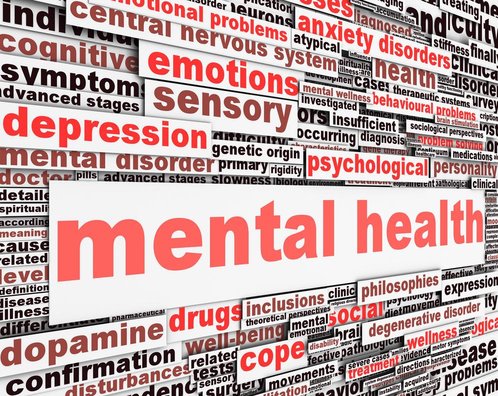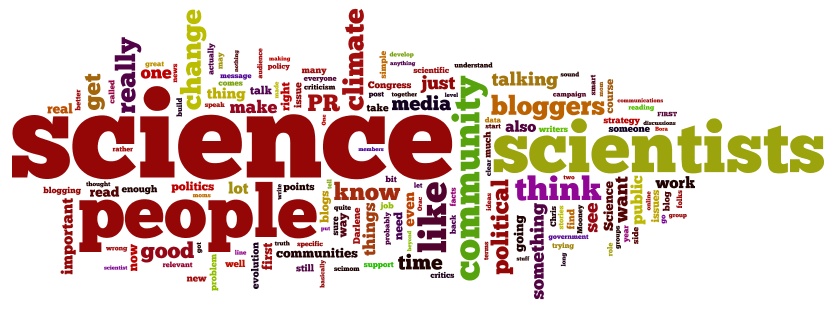You’re mental mate
Today I went to a seminar about mental health awareness amongst the African and the Afro-Caribbean community. At first, the doctors in psychotherapy got us all to introduce ourselves and highlight what we do in our lives, then we went straight into answering a few questions in groups. The part that I want to focus on in this post is the definition of mental health, which was a task that we were assigned to define at the seminar. What is mental health? I think the best way to approach this question is to break it up separately by defining mental and health.
The group I was in defined mental as:
- Unsteadiness/Unbalanced
- Madness/Crazy
- Capacity or lack of to assimilate information
- The ability to process cognitive thought
You can see where this is going, the group started off making an assumption that the definition of mental describes a negative state or condition from the “norm”, then gradually they described it as the capacity or ability for one to process cognitive thought and information, not necessarily defining a lack of a particular state. If we look at the definition of mental here is what we get from google- “relating to the mind” or “of or relating to disorders of the mind”. Interestingly so the group managed to fit the official definitions, but that was obtained collectively, not individually. It shows that when people use words they may mean one thing, but your understanding towards that word may, in fact, have a different measure of meaning from what they meant. Regardless we can agree that the word mental does refer to the relationship of something to the mind. Then with this we can establish that the mind has everything to do with reason, thought, intellect and processing of information. Furthermore, any factors that affect the individual’s mean functioning of this can induce a change on a person’s mind.
With that in mind (see what I did there) it can be argued that everyone has fluctuations of mental health, but what makes it prevalent is how and when it is chronic, or at least noticeable. There is a statistic that 50% of mental health patients aged over 40, had symptoms of mental health (physical state) triggered in their early teens. It may highlight that mental health issues and problems are associated with development and stress.
The group didn’t have time to define health but it was agreed that health seemed like a neutral term and it is ambiguous enough not to assume it is allied to positive or negative states or conditions of being. Here’s what the definition says on google- “the state of being free from illness” or “injury or a person’s mental or physical condition” or “used to express friendly feelings towards one’s companions before drinking”. When people say they want to improve their health, they actually are making a very vague and general statement, yet people seem to be able to identify with what they may be saying, regardless of whether they are telling the truth.
From briefly exploring these definitions it is clear that we are dealing with very loose terms, so when we are talking about mental health we need to decide what we are referring to, are we referring to a disorder of the mind the affects our mental or physical condition, or are we specifically talking about a motor-neuron condition for example? The World Health Organisation (WHO) is the directing and coordinating authority for health within the United Nations system, their definition of Mental Health is as follows- Mental health is not just the absence of mental disorder. It is defined as a state of well-being in which every individual realises his or her own potential, can cope with the normal stresses of life, can work productively and fruitfully, and is able to make a contribution to her or his community.
The WHO definition is concise and highlights that it is dependant on the individual having the ability to realise their own potential, within the means of dealing with stresses (which we need) and preventing underutilisation and over-utilisation of stress. It is interesting that the WHO use the word potential within their description because it highlights that a realisation of betterment, achievement and success to self-determines a sense of normality for us within society. If you don’t fit with this notion then “something is not right”. The WHO definition also highlights that one clear-cut definition does not suffice for the definition of mental health, rather it shows that there is a list of varying factors that affect mental health.
Mental health affects us all and will do in the future. Ill mental health can become conspicuous when we don’t monitor things in our lives. For example, if we do not address and admit situations where we are struggling or under a lot of stress, in situations where we get used to a survival state and progressing to greatness, as well as staying in environments that negates us to emotional wreckage and destruction. Mental health is directly connected to what we do, how we act and perceive, our emotions and therefore how we process thought. The environment we are in no matter what kind (physical, social, spiritual, mental etc…) rewires and manipulates our mental health, so it is important that we are in the optimum range to prevent illness to mental health.
Finally to end here are some ways that the groups in the seminar said they deal with bad stress (assumed they cannot end their stress straight away):
- Talking to someone about it
- Talking to someone in general about anything
- Expression through blog writing and art
- Expression through listening to music
- Expression through social media and seeking indirect advice from their followers
- Making sure they can call on at least someone who is a friend, family or work colleague
- Eating
- Watching inspirational videos
- Laughing about the situation and being in a jokey mood
- Playing games (video games or physical activity)
- Prayer and meditation on Holy text
Hopefully, this article has given you a holistic yet general idea of how we are all affected by different forms of mental health and identifying how specificity and speaking about your negative stresses may prevent you or someone else from developing ill mental health.
If you would like to find out more about mental health, check this link for more articles on mental health awareness, in addition to this article that gives you guidance as to how to find help for a mental health condition. Get BetterHelp for a Brighter Future.
Understand, Reach, Expand…







